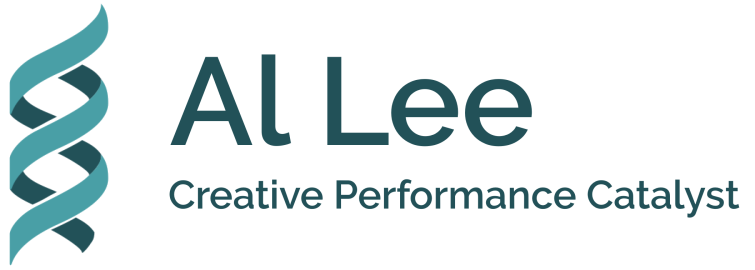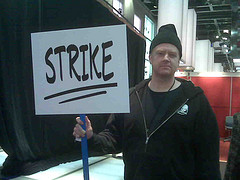 How can you dramatically improve productivity, health, and retention in your workplace? It’s a simple formula: Let people do whatever they want, whenever they want, and judge them solely on results.
How can you dramatically improve productivity, health, and retention in your workplace? It’s a simple formula: Let people do whatever they want, whenever they want, and judge them solely on results.
I know it sounds crazy, but it is an extension of the time-tested principle of giving people responsibility for their job and their results. It is an approach that gives micro-managers fits, but has been proven to improve productivity and engagement.
Focus on Results
Best Buy recently conducted an experiment; they completely turned their employees loose under a program called ROWE (Results Only Work Environment – as detailed in the book “Why Work Sucks and How to Fix It” By Jodi Thompson and Cali Ressler). Under ROWE, they were allowed to work whenever and wherever they liked and were not even required to attend meetings if they didn’t think is was necessary. They could also take as much vacation and sick time as they wanted. In return, they had to be completely accountable. They had to deliver on the agreed upon measurable results, or face the consequences.
Although Best Buy has officially discontinued the program under new management – stating that “it is time for all hands on deck” – the results of the program are fascinating.
For Mature Audiences Only
There are things that are more important than money to employees. Responsibility is one of them. Some remarkable things happen when you treat people like adults and give them complete control and decision-making authority over their lives: they rise to the occasion and deliver. When you give people ownership and let them know that “this belongs to you – it will be your success or your failure”, they will be more engaged, more motivated, and they will bring it.
This is the polar opposite of a phenomenon called “social loafing” which was uncovered by previous research. “Social loafing” occurs when the rewards of success, as well as the consequences of failure, are dispersed across a team. In these cases people don’t work as hard. Neither the glory nor the consequences are as acute when the responsibility is shared or diffused. Even in a physical contest like “tug-o-war”, studies showed that contestants used only 85% of their strength – apparently unconsciously assuming that others would do the heavy lifting and pick up the slack.
Which brings us back to Best Buy and the results of ROWE: They found that productivity went up 41% and voluntary turnover went down more than 90% – for starters.
Manage the Work
What I have found to be most frustrating in my executive roles, was the amount of time employee issues took away from my focus on the organization’s goals. Of course you cannot work with other humans and eliminate those issues, but having a near-total focus on results has another interesting side effect; it frees managers up to manage the work and provide guidance, and shifts the focus away from managing the activities and behaviors of employees.
Another important perk of this approach is that it forces management (and employees) to develop crystal-clear, quantifiable goals and job descriptions. That alone could be a game changer for many organizations.
The Gift that Keeps on Giving
The other key benefit of a flexible work environment is the impact on the health and sustainability of the organization. Under ROWE employees averaged a full hour more of sleep on work-nights and the team was healthier, as employees did not feel the pressure to be in the office when they were ill.
It also decreased the overall stress level since people had more flexibility to run errands, attend appointments, and take care of family responsibilities more efficiently – when traffic was lighter or waiting times were less for example.
Lastly, these kinds of flexible work environments are highly desired by prospective candidates – on par with health benefits. They can differentiate you from the competition and make it much easier to attract and retain the top talent.
The Evolution of Work
It used to be that being in the office all day, every day was essential, and to be sure face-time is still very important for top-performing teams, but in the day of modern collaboration/communication tools it just is not as important, especially in light of the benefits of giving employees the choice.
ROWE of course isn’t for everyone, but there is a wide spectrum of flexible work arrangements. There are always hurdles and resistance to overcome when implementing these types of changes, but smart people can find ways to adopt the core principles of giving employees more responsibility and treating them like adults – to any work environment.





